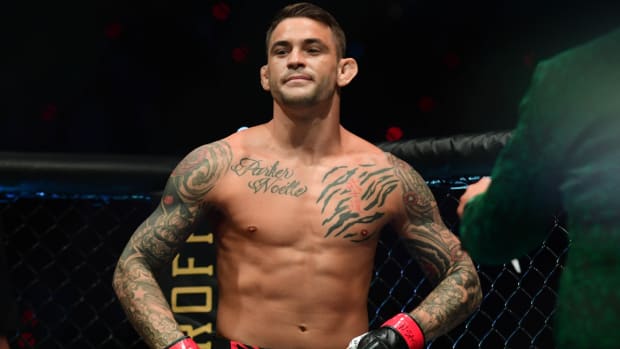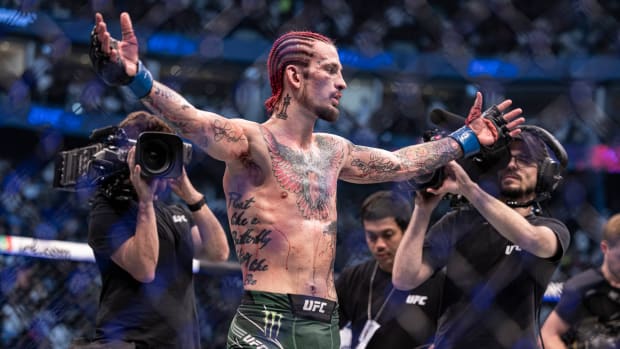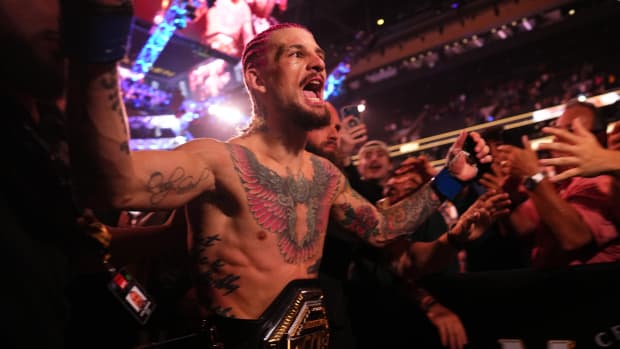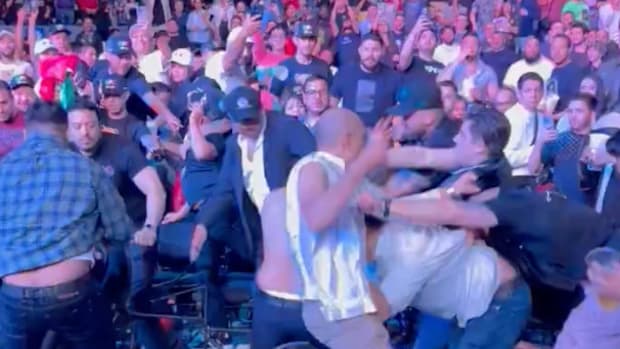NSAC not sold on new MMA rules
On July 3, the Association of Boxing Commissions passed a series of amendments to the Unified Rules for Mixed Martial Arts -- a blueprint for most athletic commissions that regulate mixed martial arts today -- at a meeting in Montreal, Quebec, Canada.
Drafted by the ABC president Timothy Leuckenhoff, ABC MMA chairman Dale Kliparchuk, New Jersey State Athletic Control Board Deputy Attorney Nick Lembo, California State Athletic Commission executive director ArmandoGarcia, and veteran referee "Big" John McCarthy, most changes served as clarifications to the existing rules, although new amendments were introduced. Chief among those was the expansion of the current weight classes used in MMA, from seven widely recognized weight classes to a total of fourteen, including shifts within the weight requirements of those already in use.
Two prominent regulators in MMA, Lembo and Keith Kizer of the Nevada State Athletic Commission, said there might be changes on the horizon for their state's rulebooks. Right now, though, a lot of time and red tape stands before an overhaul of the current model.
In other words: don't expect so see a super flyweight beating down a ramp on the way to a fight any time soon.
Kizer, who's commission administers over many of the events of the industry-leading Ultimate Fighting Championship, said any changes would not be looked at until late 2008 or 2009 at the earliest, and the NSAC had no regulatory meetings planned.
"When we do regulation here, we want to get input from everybody," Kizer said. "We want to be inclusive, hear from the fighters, the promoters, the matchmakers...the more the better. We wouldn't just limit it to a couple of guys."
Lembo stated that the ABC's meeting next July in New Orleans would likely determine the future of the most recent amendments.
"My whole focus is keeping the unified rules to the extent that they're unified by everybody, making sure everybody's involved in the process," Lembo told MMAWeekly.com. "Unless everybody's on board, I'm not in favor of the change."
Representatives from the NSAC and CSAC, widely considered to be the epicenters of professional MMA, were not in attendance in Montreal.
Kizer clarified the NSAC's stance on the meeting and the proposed weight divisions.
"I don't think they looked at it properly," he said. "To my knowledge, before the middle of June, no one was even talking about changing the weight classes. From boxing, when the additional weight classes were added, first, they weren't imposed by the regulators; they came from the industry, after years of trial and error. That took years from start to finish. Here's a couple of guys putting out a ten-page document, two or three weeks before a meeting. I'm still confused."
In passing, Kizer also questioned the authority of the commission due to the behavior of several of its members at the meeting.
Multiple sources present at the meeting who declined to be named told MMAWeekly.com that several of the regulators wore t-shirts bearing McCarthy's image, in addition to seeking his autograph between sessions. McCarthy was present at the meeting as a speaker and seminar leader.
"If that's true, c'mon," Kizer said. "Can we have some professionalism here?"
Lembo and Kizer agreed that weight classes were highly secondary to the safety procedures already in place.
"I've never had weight classes be an issue, because if somebody wants to fight at 160, and both opponents approve the match-up, and they're medically cleared and licensed, (they) fight if it's a fair match," Lembo said.
"If Gary Shaw wants to have a 150-pound champion, I don't see why the commission would have a problem with that," Kizer concurred. "Our job isn't to tell the promoter what weight you should use for your fight."
What's clear is that many of the other amendments, including the allowance of downward elbow strikes and the prohibition of "smothering," will be pored over behind closed doors in the next six months by athletic commissions around the country.
Kizer and Lembo plan to be at the meeting in New Orleans.
At that point, the new rules may live, or be choked out.




